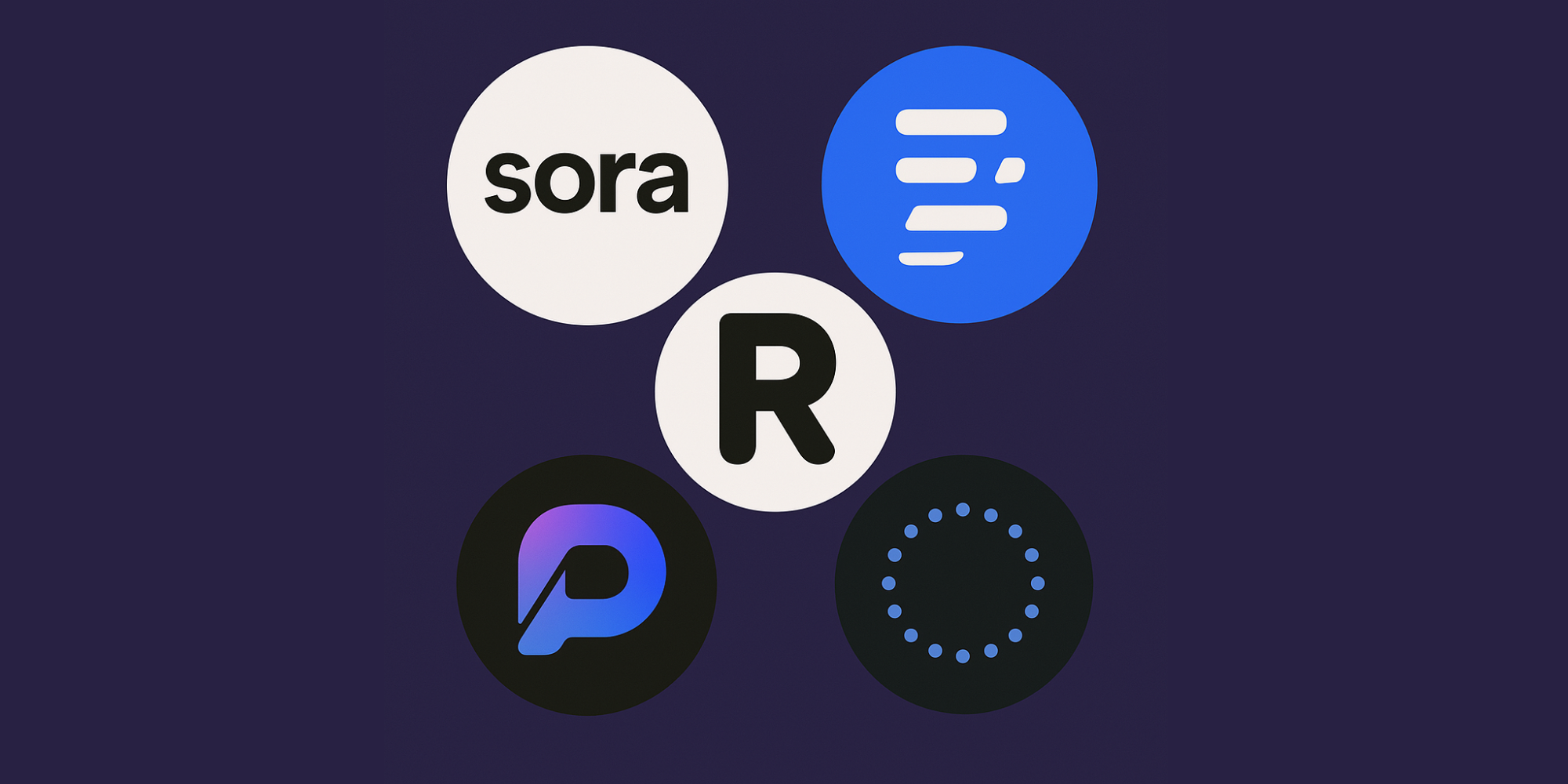
Author
Kiara
Published
Reading time
3 min.
Tags
AI in Journalism: Revolutionary Applications, Opportunities and Risks of Artificial Intelligence

@ChatGPT 4o
What is AI in Journalism?
Artificial Intelligence (AI) is transforming the media landscape in exciting and sometimes controversial ways. In journalism, AI tools are increasingly used to streamline routine tasks, analyze data, and even create content. This blog explores how AI is applied in journalism, the opportunities it presents, and the challenges it brings.
How is AI Used in Journalism?
AI is employed in numerous facets of modern journalism. Here are a few common applications:
Automated Text Generation
One prominent use of AI in journalism is the automated creation of texts. News outlets use AI-powered tools to quickly generate articles on routine topics such as sports results or financial updates. These systems can produce basic versions of news stories, making the process faster and enabling journalists to focus on more complex issues.
Data Analysis and Investigative Research
Journalists face vast amounts of data daily. AI gives reporters the ability to sift through large datasets quickly and efficiently, revealing hidden patterns and correlations that might have otherwise gone unnoticed. This capability not only speeds up investigative reporting but also enhances the depth and accuracy of the narratives.
Personalized Content
AI algorithms analyze user preferences and reading habits to tailor news content to individual interests. By delivering personalized news, publishers can engage readers more effectively, fostering loyalty and building a more dedicated audience base.
Opportunities Presented by AI in Journalism
While the integration of AI into journalism brings several benefits, it also opens up new possibilities for growth and innovation in the media sector.
Automation of Routine Tasks
AI reduces the workload for journalists by automating routine and repetitive tasks. For example, simple reports such as sports scores or financial data are generated quickly by algorithms. This automation not only increases efficiency but also allows journalists to concentrate on investigative work and storytelling that requires a human touch.
Enhanced Data Analysis
With vast amounts of information available today, AI plays a key role in data analysis. Journalists use AI tools to analyze complex datasets, which can aid in uncovering investigative leads or spotting trends. This leads to more informed reporting and enables media outlets to produce comprehensive, data-driven stories.
Tailored Reader Experiences
The ability to personalize content means that readers receive the news most relevant to their interests. This targeted approach not only improves user engagement but also builds trust and loyalty over time. By catering to specific reader segments, media organizations can provide content that is both timely and meaningful.
Risks and Challenges of AI in Journalism
Despite its many benefits, the rise of AI in journalism comes with significant challenges that must be addressed.
Ethical Concerns
One of the significant risks associated with AI involves ethical implications. Algorithms that generate news content may inherit biases present in their training data. This can inadvertently reinforce existing stereotypes or misinformation, leading to ethical dilemmas and questions about accountability in journalism.
The Danger of Misinformation
Automated content creation might result in inaccuracies or misleading information if not properly monitored. When AI-generated news isn’t rigorously fact-checked, there is a danger that errors could propagate quickly, undermining public trust in the media.
Impact on Employment
AI’s capacity to automate various tasks has raised concerns about job security in journalism. There is a risk that certain roles, especially those focused on routine tasks, could be reduced or eliminated. The challenge for media companies will be to strike a balance between utilizing AI to enhance productivity while ensuring that human expertise remains at the core of quality journalism.
The Future of Journalism with AI
The future of journalism likely lies in the careful integration of AI as a tool, rather than a complete replacement for human journalists. AI should be seen as a means to empower reporters—handling repetitive tasks, providing deep data insights, and helping create tailored content—while the human element continues to drive investigative depth and ethical decision-making.
Media organizations have a unique opportunity to harness AI's potential by investing in robust editorial oversight and ethical guidelines. In doing so, they can maintain high standards of accuracy and integrity, ensuring that AI enhances rather than undermines journalistic quality.
Conclusion
AI in journalism is a double-edged sword that offers both significant opportunities and serious challenges. It can automate routine reporting, crunch massive datasets, and deliver personalized news to readers. However, the ethical implications, risk of misinformation, and potential job losses are issues that need careful management. Ultimately, the future of journalism lies in using AI as a powerful assistive tool—one that complements human expertise and strengthens the overall quality of the news we consume.
Are you curious about how AI might shape the future of news or interested in the ethical aspects of technology in media? Stay tuned to our blog and join the conversation by sharing your thoughts and questions!
FAQ
Q1: What does AI in journalism mean?
A1: AI in journalism refers to the use of machine learning and other artificial intelligence technologies to automate aspects of news production, perform data analysis, and personalize content for readers.
Q2: How does AI automate routine tasks in journalism?
A2: AI is used to automate tasks like writing simple news reports—such as sports scores or financial updates—allowing journalists to focus on more in-depth storytelling and investigative work.
Q3: What role does AI play in investigative journalism?
A3: AI tools help analyze large datasets to identify trends and uncover patterns, supporting investigative research by providing insights that might not be apparent through traditional methods.
Q4: Are there ethical concerns with AI-generated news?
A4: Yes, ethical concerns include the potential for bias in algorithms and the spread of misinformation if AI-generated content is not carefully monitored and fact-checked.
Q5: How can AI personalize news content?
A5: AI analyzes reader preferences and behavior to tailor news delivery, ensuring that individuals receive content relevant to their interests, which can increase engagement and loyalty.
Q6: Will AI replace human journalists?
A6: While AI automates some routine tasks in journalism, it is unlikely to fully replace human journalists, who are critical for investigative reporting, ethical decisions, and nuanced storytelling.
Feel free to leave your comments or ask further questions below. Your insights help us explore this evolving intersection of technology and journalism!
Related Articles
Subscribe to newsletter
Get the latest articles directly in your inbox.


